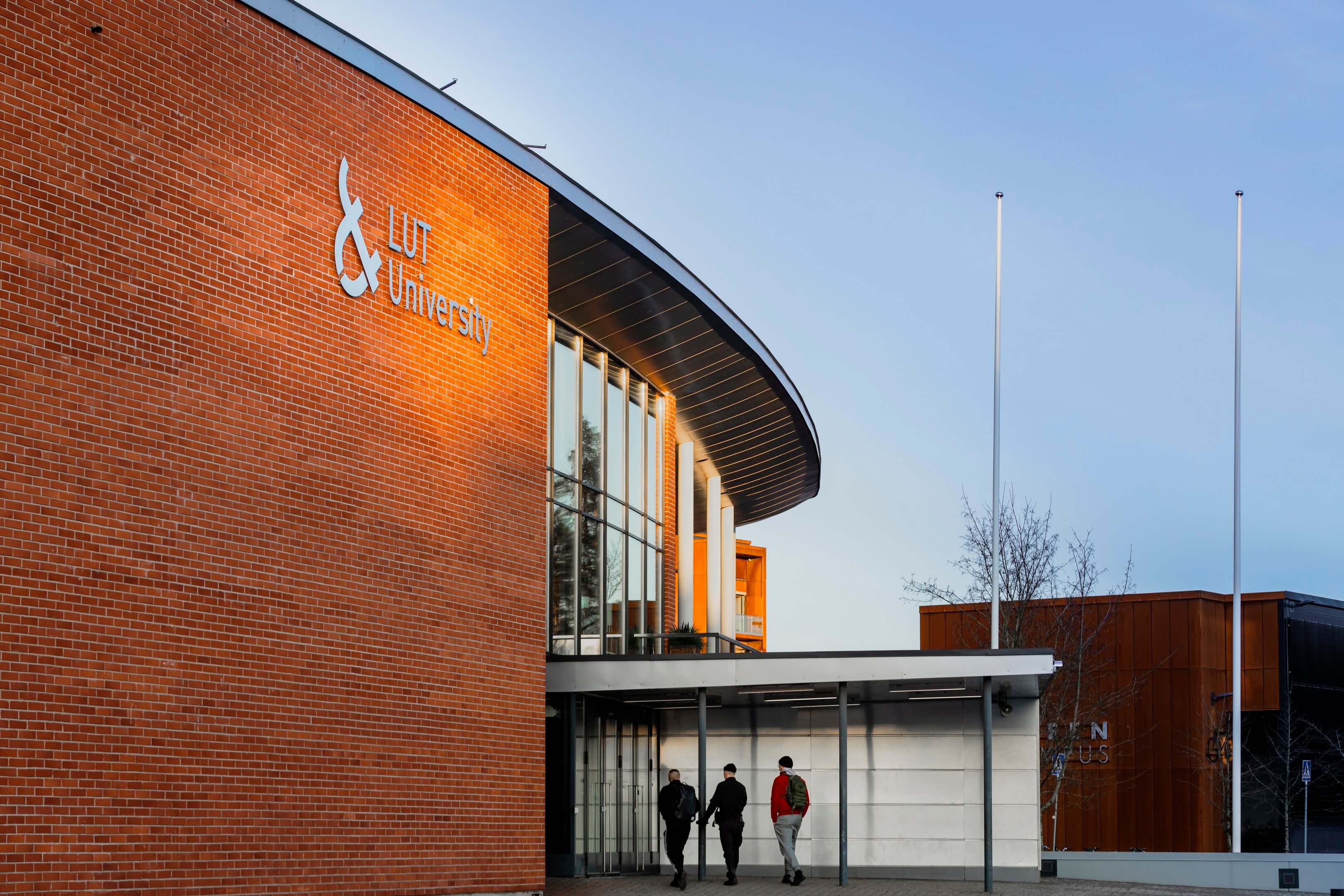
The rising human population is fuelling the demand for clean water. Climate change is putting pressure on our drinking supplies and the world’s food production. Water mismanagement by water-intensive industries contributes to water shortages.
There’s a dire need for humanity to conserve this precious resource and effectively manage it, as echoed by a UN expert who called for a rapid global response to this worsening crisis. While policies and behavioural changes can play a role in mitigating the water issue, equally important is the use of technology.
There is growing pressure for industries to recycle or reuse water and create more sophisticated water treatments, fuelling demand for professionals with multidisciplinary knowledge and skills to solve this problem.
Water technology professionals to chemical engineers can play a role in addressing this 21st century issue. These professionals have the knowledge and expertise that can be used to develop or create better water technologies.
If you’re passionate about creating a more sustainable world, pursuing an advanced degree in the field could help you play a role in resolving our global water issues, in addition to using your knowledge and skills to create more sustainable environmental practices across various industries.
Europe is home to several universities that can equip you with the know-how to make a difference. Here are four universities for aspiring environmental changemakers:
LUT University

LUT University’s Master’s Programme in Water Technology can serve as a springboard for students to create a more sustainable world. Source: LUT University
If you’re eager to study at a university that scores highly in industry collaboration and research, look no further than Lappeenranta-Lahti University of Technology (LUT University). LUT was founded in Finland in 1969 and seeks to find new solutions to clean energy, water and air with their expertise in technology and business.
The Master’s Programme in Water Technology — under its School of Engineering Science — is a flexible, two-year long-distance learning programme that will equip you with the knowledge and skills to solve water-related challenges in the future. You will gain a variety of skills, including how to treat waters using conventional ways and via new technologies, and understand how waters are purified efficiently, sustainably, and economically. You will also gain knowledge on the recovery of different valuable resources from wastewater.
Upon graduation, you can expect to use the knowledge and skills gained to design and develop practical water treatment applications. You’ll develop an understanding of future water treatment technologies, as well as knowledge of sustainable water treatment and water reuse, and recovering valuable compounds from treated water, to name a few.
The practical skills and knowledge gained about the chemical engineering approach to water treatment will prepare you to work in international, multidisciplinary and multicultural environments. You can find employment across various industries, including the chemical and process industry, municipalities and research institutes, among others.
LUT School of Engineering Science stands out from its competition in its expertise based on real-life problems provided by industrial partners. Its world-class research provides students with the latest information in their field, while the School’s research combines technology, natural sciences and expertise in engineering to solve future global challenges. Unsurprisingly, LUT performs particularly well in industry collaboration and research. Based on industry income and research performance, the university was ranked within the world’s top 200 in the Times Higher Education Impact Rankings 2020.
The University of Edinburgh

This degree could help you switch careers to a more environmentally sustainable role. Source: University of Edinburgh
Do you want to specialise in groundwater resources, which supplies a majority of the world’s population with a portion of their daily water needs and approximately 40% of the world’s crop irrigation?
The University of Edinburgh in Scotland offers an MSc Applied Environmental Hydrogeology, which is suitable for students from a wide range of backgrounds looking to upskill their knowledge or switch careers to a more environmentally responsible role.
The degree can help you be part of the next generation of sustainable hydrogeologists that will oversee and contribute to managing the global water crisis in the coming decades. Groundwater resources worldwide are under threat of over-exploitation and climate change, threatening the lives of humans and the ecosystem.
Through the programme, you will gain the required skills for modern hydrogeologists to tackle complex water issues, including quantitative methods, such as state-of-the-art computational tools. You will also learn to apply quantitative skills to inform scientifically-driven decision-making and explore the nuanced, interconnected processes driving groundwater management.
Graduates can expect to find work across various areas, including monitoring and regulating groundwater quality, minimising impacts from resource extraction, agriculture and international development work focused on delivering safe water for drinking and sanitation.
École Polytechnique Fédérale de Lausanne (EPFL)

EPFL is one of the world’s top universities. Source: EPFL
Located in Lausanne, Switzerland, the EPFL is one of Europe’s most vibrant and cosmopolitan science and technology institutions. It is also one of the world’s top universities, ranking 14th in the QS World University Rankings 2021. EPFL was founded in 1969; it has over 120 nationalities on campus.
The university offers the MSc Chemical Engineering and Biotechnology, a two-year programme that focuses on several important tools such as innovative processes and separation techniques, biological engineering, biotechnology, catalytic engineering and polymers, and chemical process safety.
The programme prepares the students for a career in industry requiring solid knowledge of the methods in chemical processes, development, biotechnology and safety processes. Graduates with a bachelor’s degree in a related field with excellent academic records can enrol in the programme.
In speaking about her experience in pursuing the MSc Chemical Engineering and Biotechnology programme, Delphine Blondel said, “The master gives you the chance to choose between different options, and I went for biotechnology and food industry.”
Blondel had the opportunity to conduct an industrial internship as a health and security engineer, where she established organisational strategies to store hazardous liquids. “The risk management and safety of chemical processes classes at EPFL prepared me to work in that field,” she said.
Studying at EPFL will prove to be an enriching experience, as enthused by alum Andrés López, who said: “When you are at EPFL, you are in contact with the best research that is being done right now. You are here with scientists that are building the future of science.”
Ghent University

Ghent University is located in Flanders, Belgium. Source: Ghent University
Ghent University is one of Belgium’s most prestigious universities that was founded in 1817. The university offers the Master of Science in Chemical Engineering programme, which helps students master fundamental chemical engineering principles.
Chemical engineers ensure the design, construction, improvement and maintenance of installations and equipment in the chemical industry. Graduating from this two-year programme will equip you to innovate and manage an entire installation process and acquire a detailed insight into the performance of individual parts and their interaction. You can also expect to be trained to be involved and lead in research and development.
Upon graduation, you can find employment in the chemical process industry and companies where chemical transformations are implemented in the manufacturing process, such as the polymer, textile, food, pharmaceutical and environmental sanitation industry. There are also opportunities in engineering companies where you can be responsible for the design, construction and start-up of new production units. Universities and research institutes are also recruiters of chemical engineers.
Ghent’s location in Flanders — the northern region of Belgium — makes it accessible to capital cities such as London, Paris, Amsterdam and Berlin. All the cities in Flanders are also easily accessible by public transport or car. About 14% of Ghent’s total student population in the 2019-20 academic year were international students, including exchange students.







